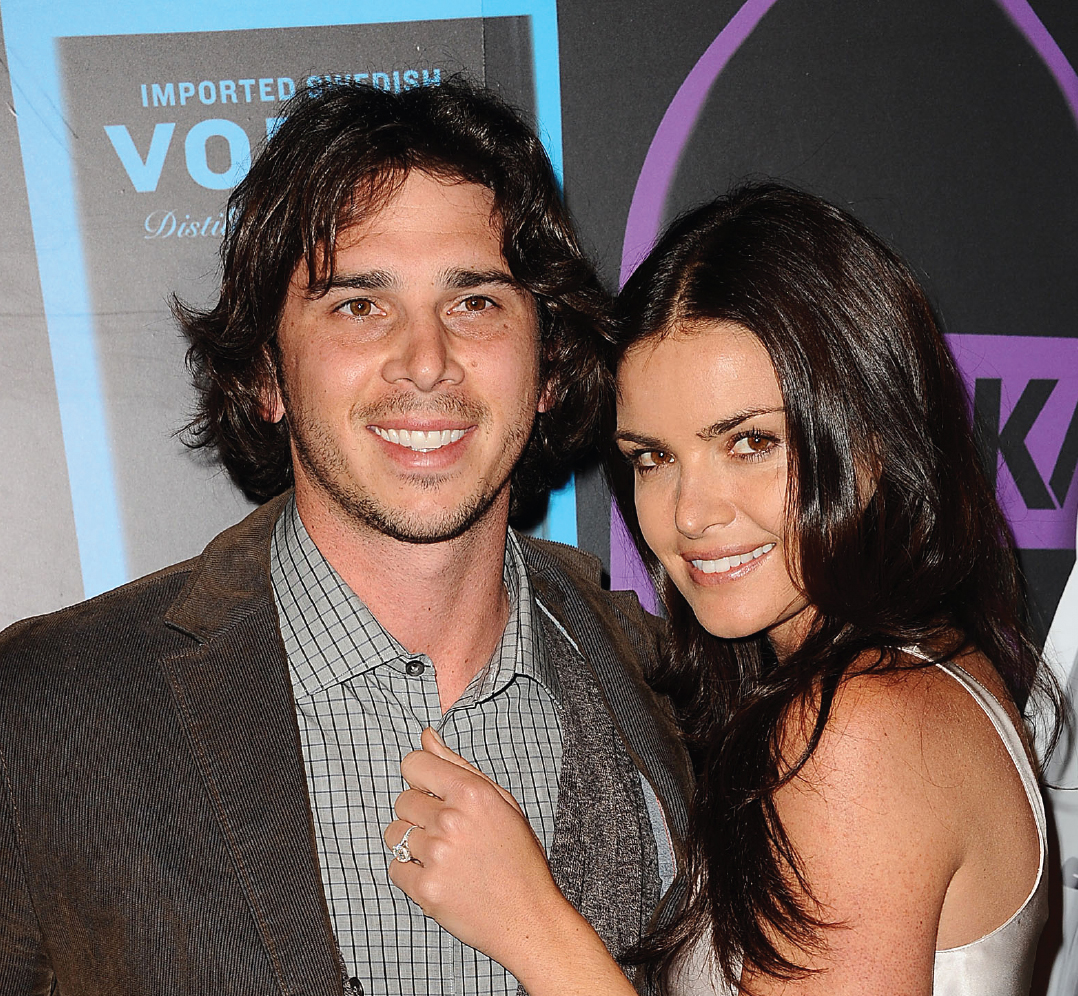Chapter 9
It was touted as the “most controversial” season finale ever. When Ben Flajnik proposed to Courtney Robinson at the end of season 16 of The Bachelor, millions of Americans were outraged. Robinson had become the contestant they loved to hate. But if viewers thought about the communication that took place between Flajnik and Robinson in the weeks leading up to the proposal, they might not have been so surprised. During those weeks, the two experienced the growth of a friendship and then a romance, as well as the rough patches and emotional upheaval that often come with such developments.
The Bachelor is a dating game show that matches a single man with more than two dozen female contestants.1 The women are eliminated over a series of episodes, based on the bachelor’s interactions with them. The show’s goal is to have the bachelor propose marriage in the final episode to the “winner” (though not all seasons end with proposals).
The show involves strong expectations regarding communication and relationships. The bachelor evaluates each contestant’s potential as a spouse based on physical attractiveness; similarity; strength of attraction toward him; and how well she rises to such challenges as bungee jumping, cliff climbing, and swimming with sharks. Because the goal of the show is for the bachelor to find love, there is an expectation that some of the relationships will progress steadily through the stages of development, with one eventually culminating in marriage (or at least a proposal). The creation of closeness is fostered by relentless pressure on contestants to openly share their thoughts and feelings with the bachelor.
Though the contestants are competing with one another for the chance to “win,” they also live together and are expected to form friendships. Those who don’t act like a friend—who don’t share their thoughts and feelings with and provide emotional support to other contestants—invite scorn from both their rivals and the viewers. This is the main reason why viewers hated Courtney Robinson in season 16—she refused to communicate supportively toward the other women. Instead, she treated them competitively, going so far as to taunt them with snarky remarks, such as “Winning!” when she received a rose, which guaranteed her protection from elimination.
The Bachelor is one of the most successful reality shows in television history and has sparked two spin-offs as well as sister shows in Canada, Britain, and Chile. But though The Bachelor is framed as a show about finding love, at its heart it’s about what happens when people are thrown together, attraction sparks, and relationships form and disband. What’s at the core of all these processes? Interpersonal communication.

Reality shows like The Bachelor aren’t reality. Instead, they’re heavily edited forms of entertainment, dressed up to look like real life. At the same time, these shows mirror the communication and relationship dramas that many people face. Watching them provides a reflection of how your own communication choices directly correspond to the relational outcomes that follow—whether for good or bad. They are also reminders of the importance of positive, healthy relationships—not only with romantic partners but also with friends, family members, and coworkers (Myers, 2002).
This chapter is the first of two exploring the primary tool you use to create, maintain, and end your relationships—interpersonal communication. This chapter covers its basic principles, whereas Chapter 10 provides a close look at how to manage and sustain the relationships you build during your life. In this chapter, you’ll learn:
- The defining characteristics of interpersonal communication
- What compels you to form relationships in the first place
- Four types of relationships and their key characteristics
- The stages relationships may progress through